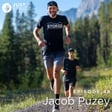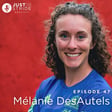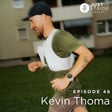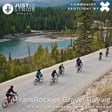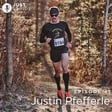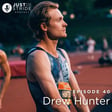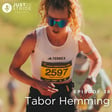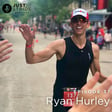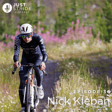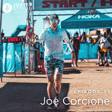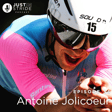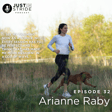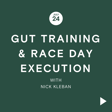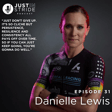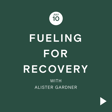
Ben Mumme on personal growth and self improvement, strides as an athlete, joining the run community, building his own podcast and the keys to unlocking your greatness
On today’s episode of Just In Stride, we’re joined by Ben Mumme, an endurance athlete, content creator, and host of the Living Your Greatness podcast. Through his own athletic journey and conversations with high performers, Ben explores what it takes to push limits, develop resilience, and build a mindset for success—both in sport and in life.
As a passionate advocate for self-improvement, Ben uses his platform to inspire others to chase their potential. Whether through endurance challenges, personal growth strategies, or deep conversations with experts, he’s always looking for ways to help others unlock their greatness.
In this episode, Ben shares his own evolution as an athlete, what he’s learned from hosting Living Your Greatness, and how endurance sports have shaped his outlook on discipline, mindset, and personal growth. His story is a great reminder that success isn’t about talent alone—it’s about showing up, putting in the work, and striving to be just a little better every day.
-------
Offer from Xact Nutrition: This episode is presented by our friends at Xact Nutrition and they are offering you 15% OFF your order when you use the code JUSTINSTRIDE. So head to xactnutrition.com and fuel your goals today! Now shipping in Canada and the U.S.
Offer from Lagoon : This episode is also brought to you by Lagoon sleep pillow and they are offering you 15% OFF your order when you use the code STRIDE. Mininum purchase of $74 USD required. Limited to one use per customer.
Thanks for tuning in to the Just In Stride Podcast. I truly appreciate you taking the time to listen and I hope you enjoyed that conversation as much as I did. Please take a minute after this to rate and review our show on Apple Podcasts. With your feedback we’ll be able to make the show even better and it’ll help us reach new listeners too. You can also find us on Instagram @justinstridepod and YouTube @justinstridepod for all the latest episodes and updates. Glad you came along for the ride with Just In Stride!
